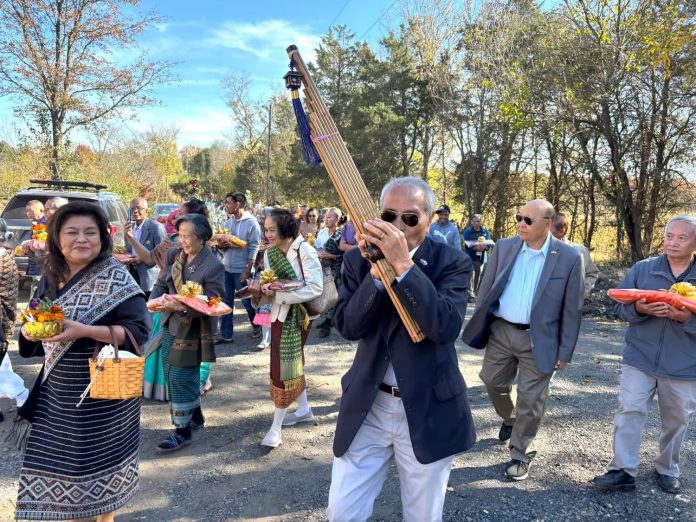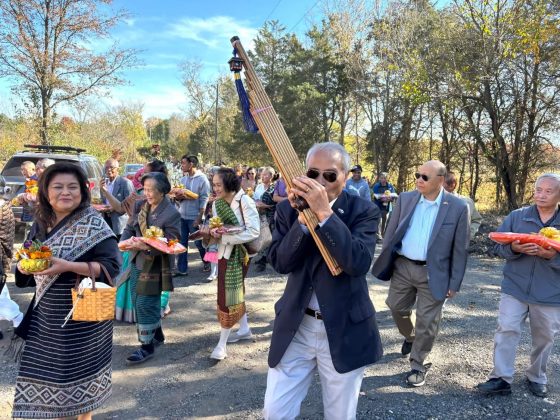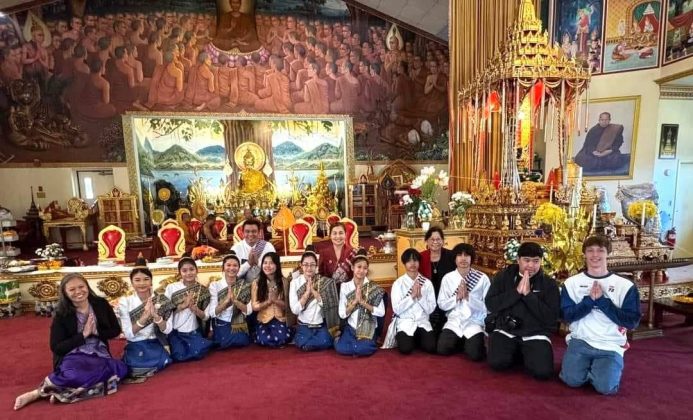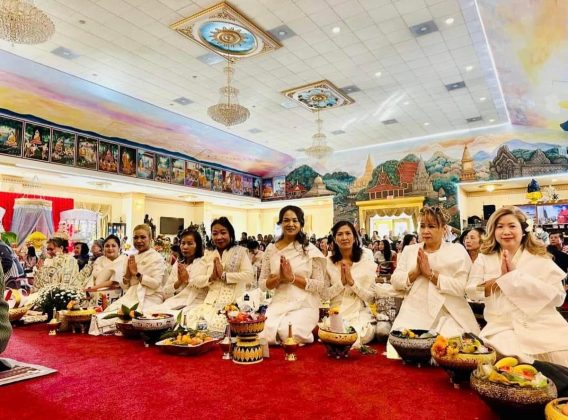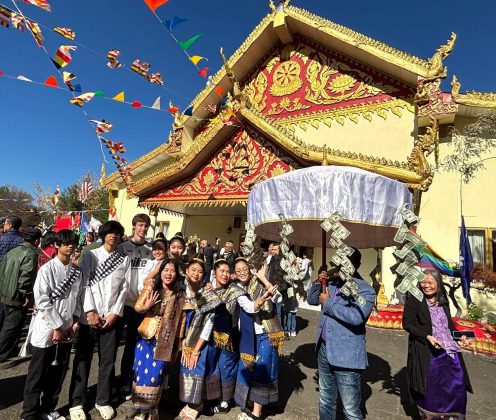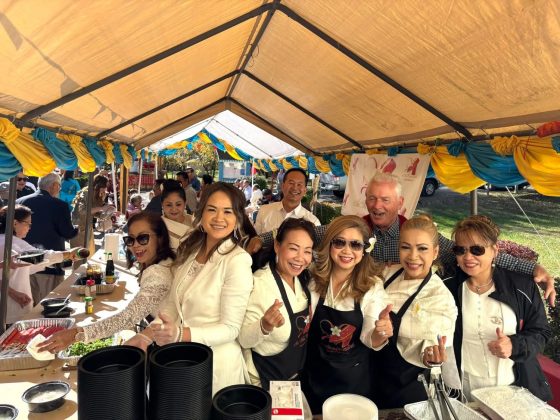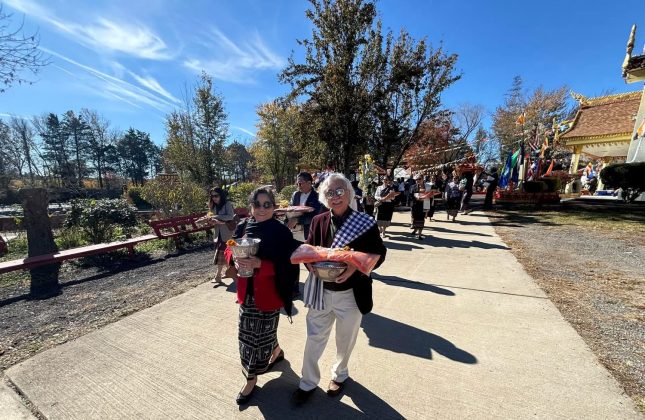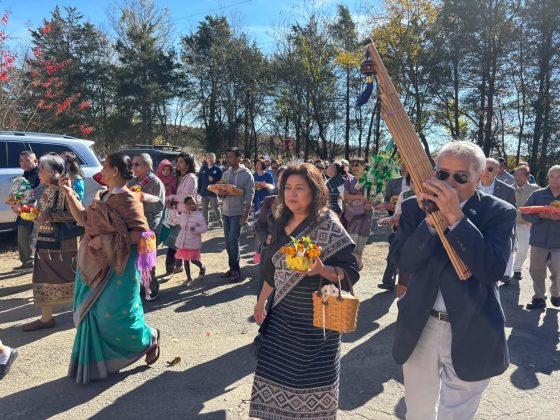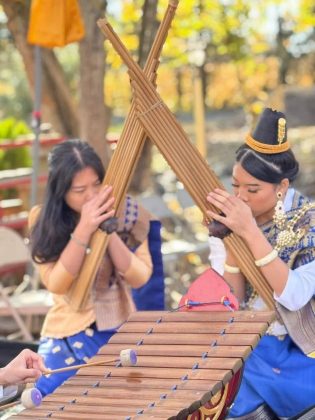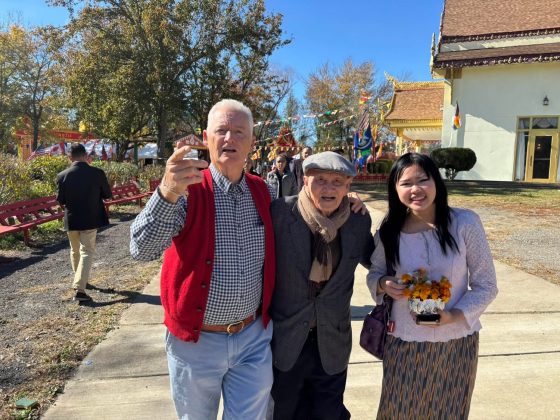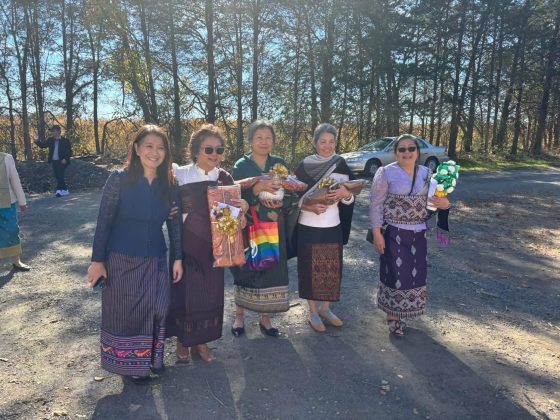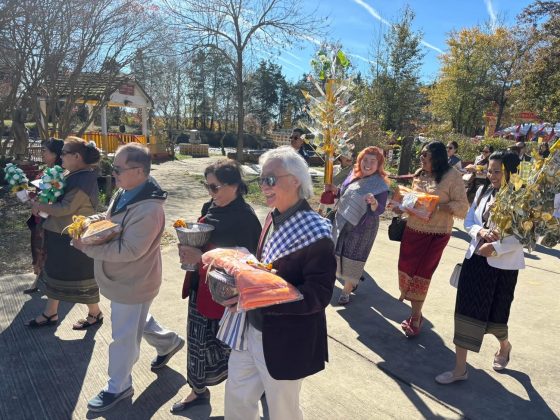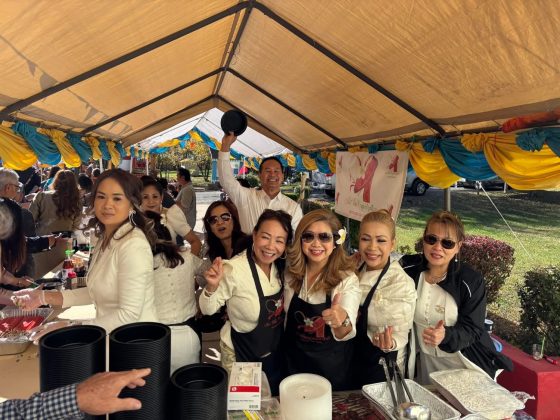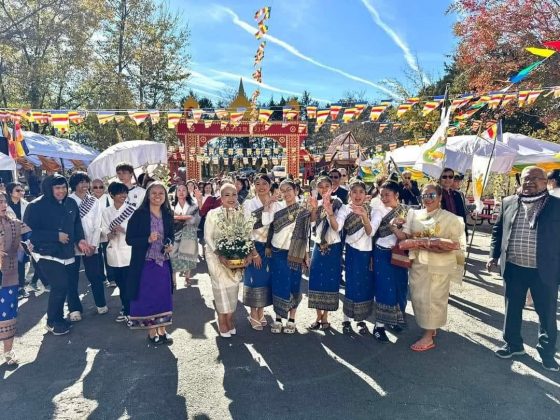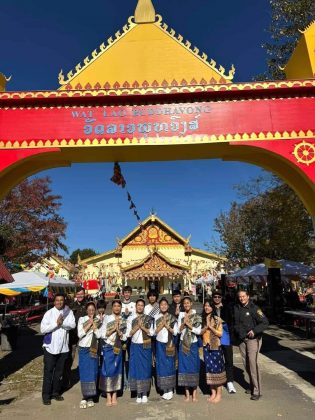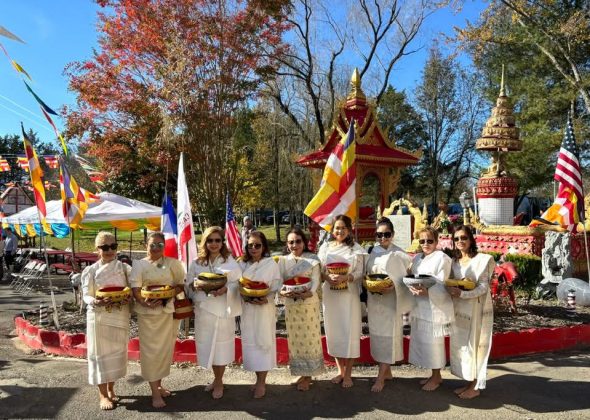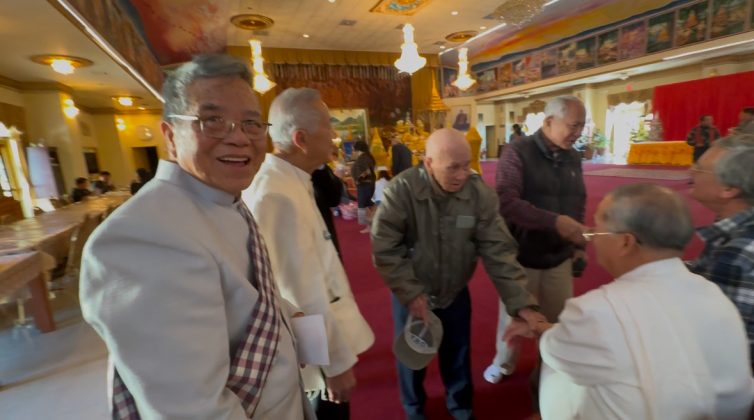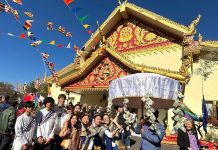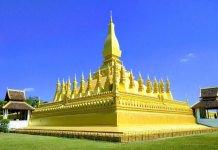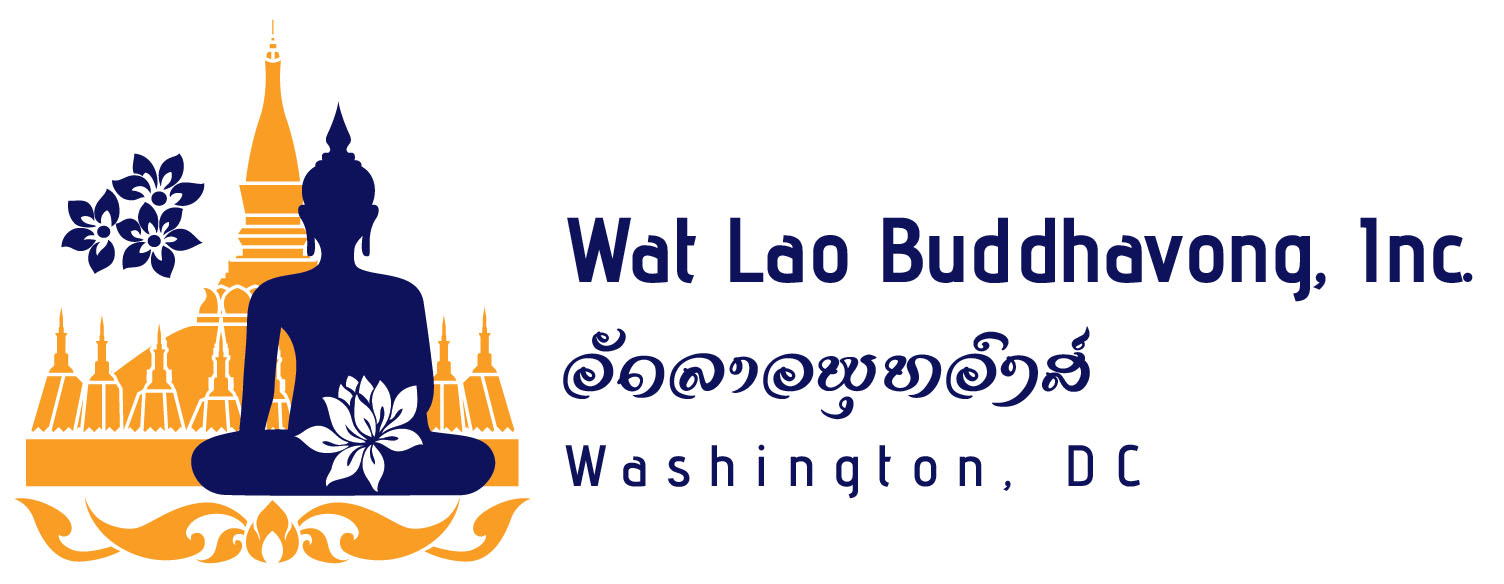Boun Kathin is a significant Buddhist festival celebrated in Lao, Thai, and other Theravāda Buddhist communities. It marks the end of the Buddhist Lent (Vassa) and is a time for laypeople to make merit by offering robes and other necessities to monks.
Purpose of Boun Kathin:
- Offering Robes to Monks – The main purpose of Boun Kathin is to donate new robes (Kathina robes) to Buddhist monks who have completed the three-month rainy season retreat (Vassa). This tradition symbolizes renewal and support for the monastic community.
- Accumulating Merit (Bun/Bhavana) – Buddhists believe that participating in Kathin brings good karma (merit), leading to spiritual growth and future well-being.
- Strengthening Community Bonds – The festival brings together families, friends, and local communities to support temples (Wat) and strengthen social and religious ties.
- Providing Essential Supplies to Temples – In addition to robes, laypeople also donate food, medicine, and financial contributions to help sustain the monks and temple activities.
- Celebrating the End of Buddhist Lent (Ok Phansa) – Boun Kathin takes place after the retreat, usually in October or November, and marks the transition back to normal daily life.
How It’s Celebrated:
- Processions with music, dancing, and decorated offerings.
- Ceremonial robe offering to monks at the temple.
- Dāna (Generosity) – Donations of money, food, and supplies.
- Prayers and Blessings for merit and well-being.
Boun Kathin is a joyful and spiritually significant event that reinforces Buddhist values of generosity, gratitude, and community service, while also ensuring the well-being of monks and temples.
Dāna (ທານ, ทาน) is a Pali and Sanskrit word meaning “generosity” or “giving”. It is a fundamental concept in Buddhism, practiced in both Lao and Thai cultures, as well as other Theravāda Buddhist countries like Myanmar, Cambodia, and Sri Lanka.
Dāna in Lao and Thai Cultures
- In Lao: “Thān” (ທານ)
- In Thai: “Thaan” (ทาน)
Both Lao and Thai Buddhists practice dāna by offering food, robes, and other necessities to monks, temples (Wat), and the less fortunate. It is considered a way to accumulate merit (Bun/บุญ/ບຸນ) and cultivate selflessness.


